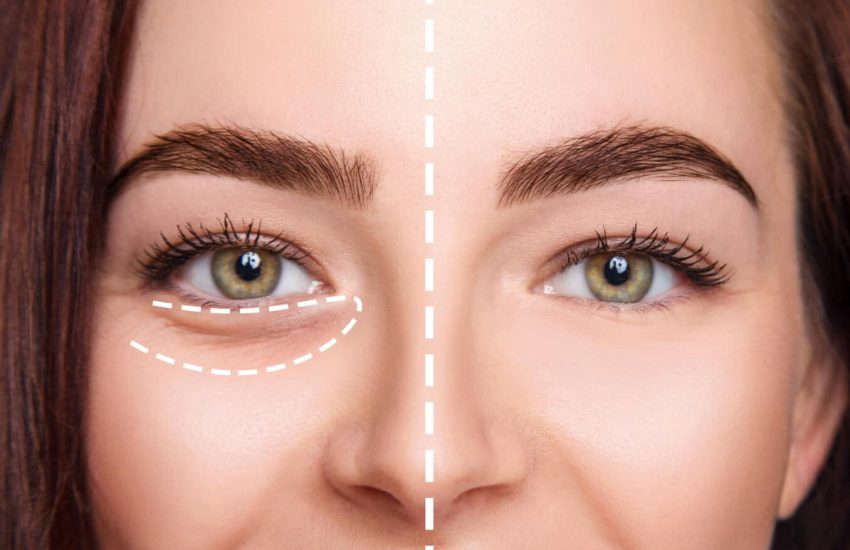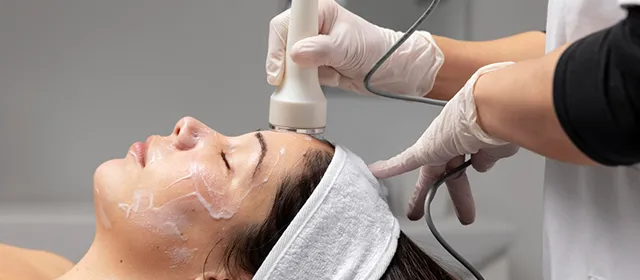Should you see a periodontist? Check for these signs
A lot of people don’t understand whether they need to see a periodontist, especially if they have been visiting a regular dentist for yearly checkups. For the unversed, periodontists specialize in treating gums and the bone structures that support the teeth. Besides completing dental school, periodontists are required to undergo advanced training. If you are visiting a San Francisco dentist, you should ask if they specialize and whether you should see a periodontist. Here are the signs that you may have a periodontal problem at hand.
- Bleeding Gums: This is probably the most common sign of periodontal disease. If you find that your gums bleed when you floss and brush, it could be a sign of gingivitis. In advanced cases, you may experience gum bleeding even after eating.
- Swollen Gums: If you have inflamed, swollen, and red gums, you may have a hard time talking or eating your food. Swollen gums can create deep pockets around the teeth, which works as a perfect space for bacteria to thrive.
- Halitosis: Also known as chronic bad breath, this is also a sign of periodontal infection. If you have bad breath all through the day, it is important to check with your dentist and discuss whether you need to see a periodontist.
- Increased sensitivity: If you have advanced periodontic disease, you may experience sensitivity to hot and cold foods. While this could be related to damage to the enamel, check with your dentist to know more.
- Loose teeth: If you see that your adult teeth are loose or shifting, it could be because of periodontal problems, which tend to create pockets around the teeth that can reduce support.
- Gum Recession: If you find that your teeth look longer, it could be because of the receding gums. It is usually a sign of periodontal disease, which can only get worse with time. Advanced periodontic disease can even lead to tooth loss.
The first appointment
Visiting a periodontist may sound scary, but the whole process is rather smooth, and you should be done within an hour, depending on your concern. Besides treating the problem at hand, your periodontist will explain how you can avoid gum diseases in the future. Many dental clinics have both general dentists and periodontists so that patients get the care they need. If you have any questions, ask the dentist in detail, and don’t forget to keep up with the tips and suggestions.




